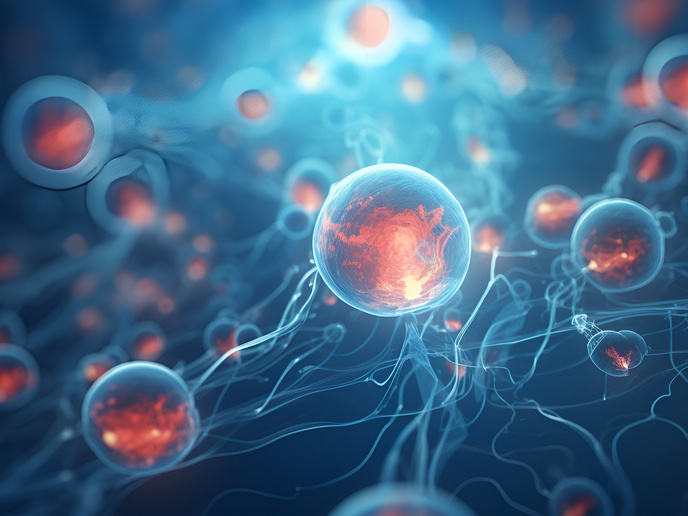Peptide dendrimers with enhanced bioactivity
Peptides are emerging as a new class of therapeutic molecules with great potency due to their specificity and low toxicity. However, their short circulation half-life has hampered their widespread use in therapeutic applications. The EU-funded 'Peptide dendrimers - A chemical platform for functional diversity' (PEPTIDE DENDRIMERS) project addressed these bioavailability constraints. The scientists found a way to synthesise therapeutic peptides as dendrimers. Dendrimers are highly branched, multivalent star-shaped macromolecules used for a variety of applications in technology and medicine. Using chemoselective oxime ligation, scientists assembled PDs with varying degrees of multivalency. Different lengths of linkers became part of diverse sets of PDs with various functionalities, including glutamate, poly-arginine, substance P and oxytocin. Additional synthetic strategy allowed equipping these dendrimers with imaging tags, chelating agents, biotin and additional functional groups. PD characterisation included the use of mass spectrometry, nuclear magnetic resonance and gel electrophoresis. PDs showed no cell toxicity up to 50 micromolar concentrations. Pharmacological characterisation used specific target receptors for each peptide functionality. The results showed that PD linker lengths affected both potency and selectivity. For oxytocin dendrimers, certain linker lengths activated the oxytocin receptor at a thousand-fold–lower concentration and with enhanced selectivity. Molecular modelling showed that PD activity increase is caused by the simultaneous activation of receptor homodimers due to the multivalent architecture of PDs. Increased cell uptake of poly-arginine dendrimers correlated with increased dendrimer branching. Additional advantages of PDs, assembled without compromising bioactivity, include the possibility of further modifications, expanding their therapeutic potential. The results of this work will have a significant impact on the design of next-generation molecular probes and peptide therapeutics.







